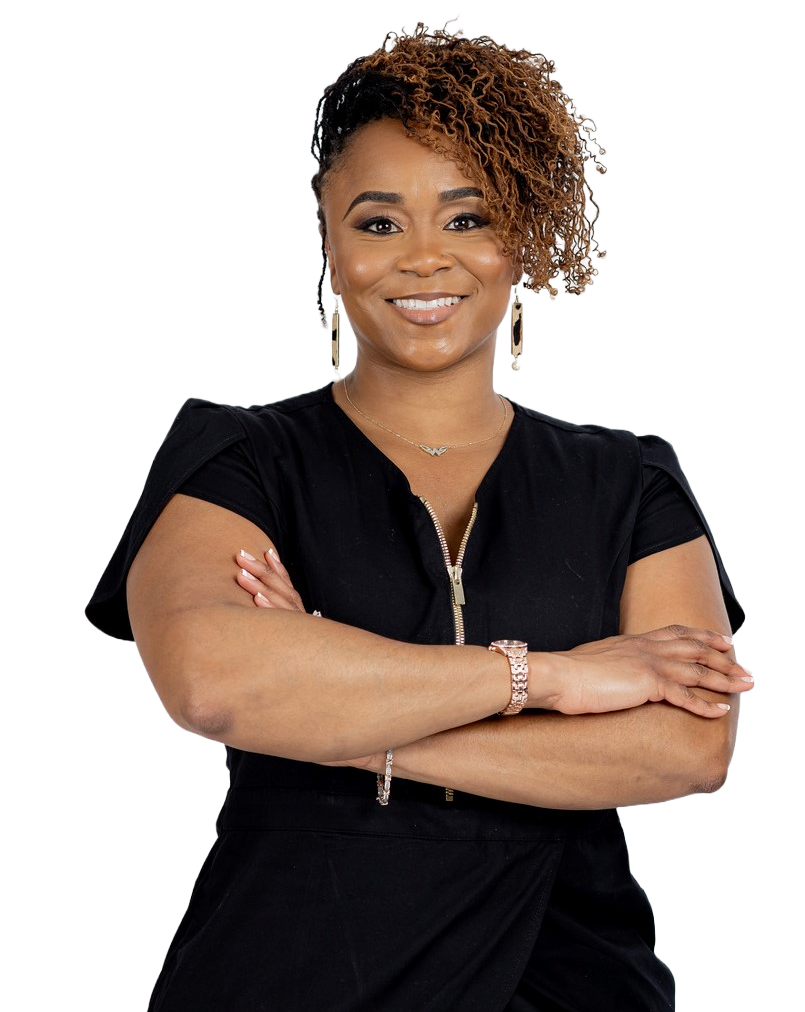Surgical Clearance
1. CBC Differential
"Complete Blood Count with Differential" is what "CBC Differential" stands for. It checks to see if you have anemia and looks for other kinds of diseases in your blood. From a CBC Differential, you can get the following facts:
How many and what kinds of white blood cells (WBCs) a person has – There are five kinds of white blood cells in your body. All of them help fight infections. If you have a lot of white blood cells or a certain kind of white blood cell, it could mean that you have an infection or inflammation somewhere in your body. If you don’t have enough WBCs, you might get sick more often.
Red blood cells (RBCs) carry oxygen around the body and get rid of extra carbon dioxide. Too few RBCs could mean you have anemia or another disease.
How your red blood cells vary in size – This is called the red cell distribution width test (RDW). If you have anemia, the size differences between your red blood cells may be bigger.
Hematocrit is the amount of red blood cells in a certain amount of whole blood. A low hematocrit could mean that you are bleeding too much or that you don’t have enough iron or that you have other health problems. A hematocrit that is higher than normal can be caused by not drinking enough water or by other problems.
Hemoglobin: Red blood cells contain a protein called hemoglobin. It moves oxygen from your lungs to the rest of your body. Problems like anemia or lung disease can be caused by things that aren’t normal
How big your red blood cells are on average – Mean corpuscular volume is the name of this test (MCV). When your red blood cells are bigger than usual, your MCV goes up. This happens if you have low levels of vitamin B12 or folate, which can cause anemia. If your red blood cells are smaller, you may have another type of anemia, such as iron deficiency anemia.
A platelet count – Platelets are small pieces of cells that help the blood to clot. If you don’t have enough platelets, you may be more likely to bleed. Too many could mean a lot of different things.
Mean corpuscular hemoglobin: This test measures how much hemoglobin is in your red blood cells.

A platelet count – Platelets are small pieces of cells that help the blood to clot. If you don’t have enough platelets, you may be more likely to bleed. Too many could mean a lot of different things.
Mean corpuscular hemoglobin: This test measures how much hemoglobin is in your red blood cells.

2. CMP
The Comprehensive Metabolic Panel (CMP) tells how well the kidneys and liver are working, how much fluid is in the body, and how much electrolytes are in the body. A CMP is done to find out information about:
Glucose- Glucose is a type of sugar that gives the body energy. Diabetes may be an issue if your glucose levels are high. Sometimes your doctor may want to know about your Hemoglobin A1C, which tells us what your sugar levels have been doing over the last 3 months.
Electrolytes: The body contains calcium, sodium, potassium, carbon dioxide, and chloride. Calcium is an important part of how nerves and muscles work. Sodium, potassium, carbon dioxide, and chloride all help keep the acid-base balance and fluid levels in the body in check. Cells in the body work best when these electrolytes are in the right amounts.
Blood urea nitrogen (BUN) and creatinine are both wastes that the kidneys remove from the blood. These numbers show how well the kidneys are doing their job.
Albumin and total protein are needed to build and keep up muscles, bones, blood, and organ tissue. Low levels can be caused by problems with the liver or kidneys, or by not getting enough nutrients.
Liver tests check for levels of alkaline phosphatase (ALP), alanine aminotransferase (ALT), aspartate aminotransferase (AST), and bilirubin. If these levels are high, it could mean that there is something wrong with the liver.
3. HCG
Human chorionic gonadotropin, or HCG, is the hormone that is made when a woman is pregnant. This is checked before a woman can have an elective surgical procedure to make sure they are not pregnant.
4. HIV/ HEPATITIS
People who test positive for HIV, or Human Immunodeficiency Virus or Hepatitis, are not instantly ruled out for plastic surgery. But doctors have to be more careful with these patients and may need to do more tests to make sure the patient is still a good candidate.
5. Coagulation Panel
A coagulation panel is a set of tests that find out how well your blood clots. It includes tests like prothrombin time (PT), activated partial thromboplastin time (aPTT), and an INR.
6. Urinalysis
This is a simple test of urine. It is done to make sure your kidneys are working well and that you don't have any infections.
These tests can help find out if you are healthy enough for plastic surgery and if you should get it. Remember plastic surgery is an elective procedure, and you do not need it if you risk putting your life or longevity in danger. If you have health problems or conditions that have been going on for a long time, we may want to do more tests. This will help make sure you are safe and comfortable before, during, and after your surgery.

